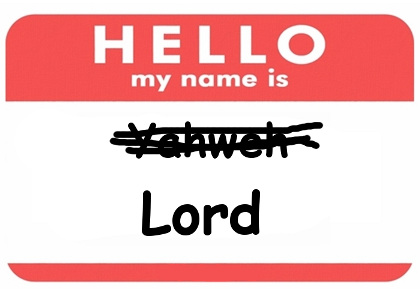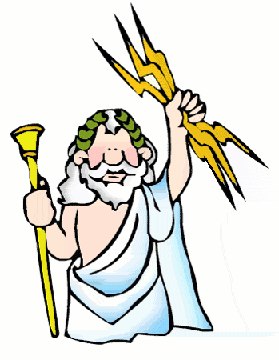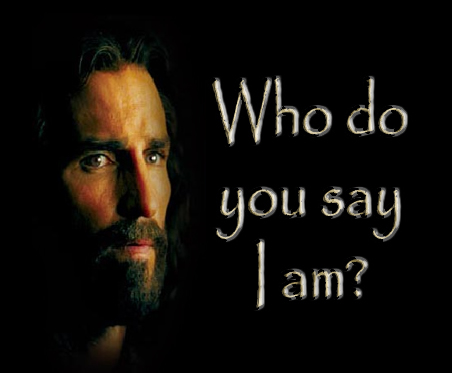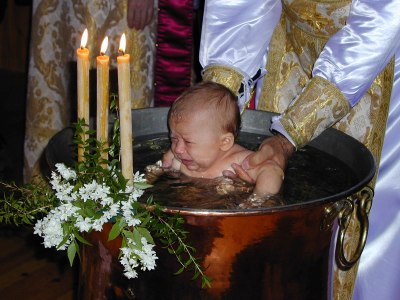“Trinity” @ the Stanford Encyclopedia of Philosophy
Little known fact: overwork causes one’s neck to become invisible! After an embarrassing amount of time, I’ve finally finished my encyclopedia entry on the Trinity for the Stanford Encyclopedia of Philosophy (as well as lengthy supplementary documents on the history of Trinity doctrines, Judaic and Islamic objections, and unitarianism). Since I can’t thank them in the entry, I’d like to thank editors Ed Zalta and… Read More »“Trinity” @ the Stanford Encyclopedia of Philosophy













